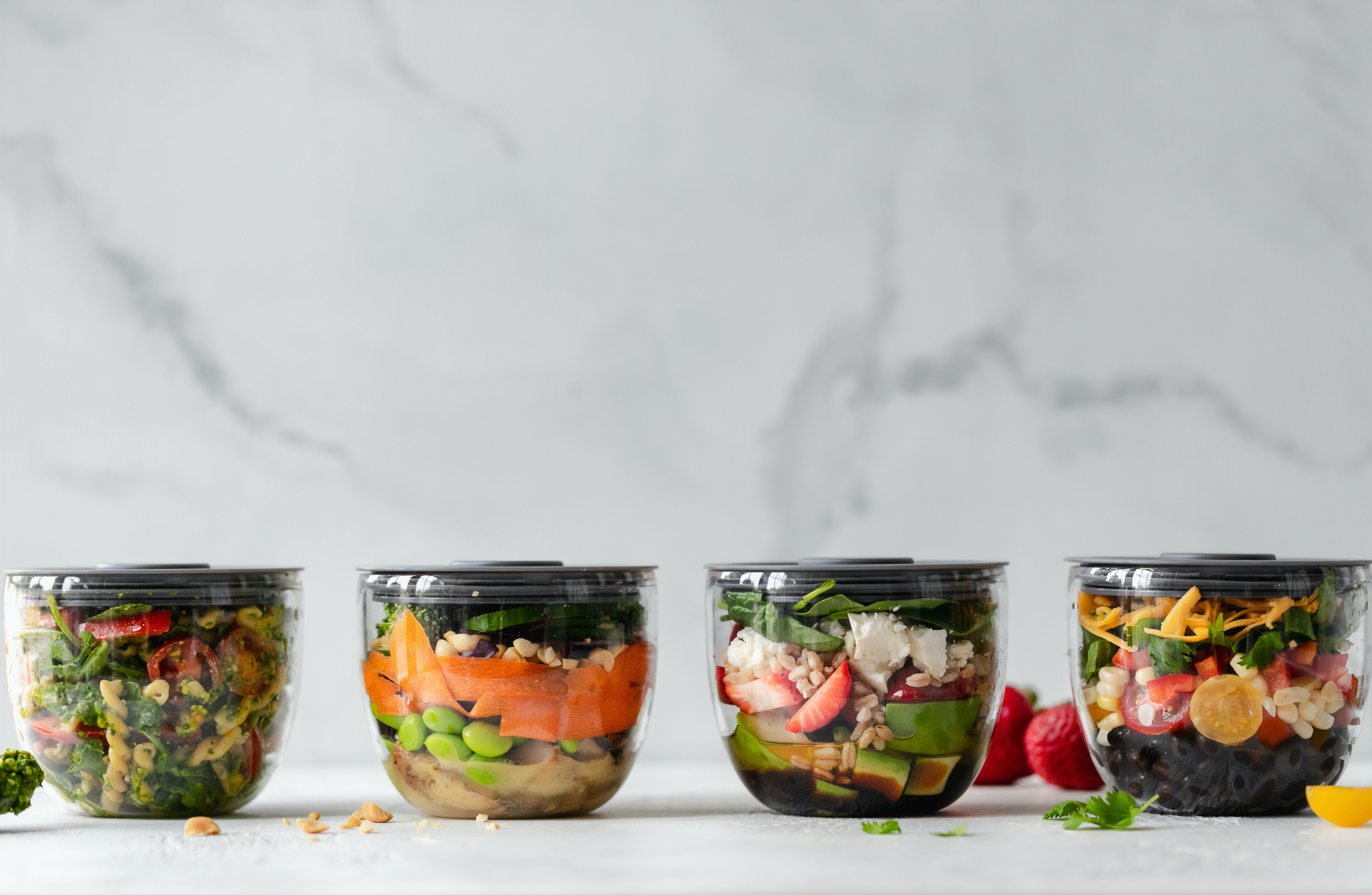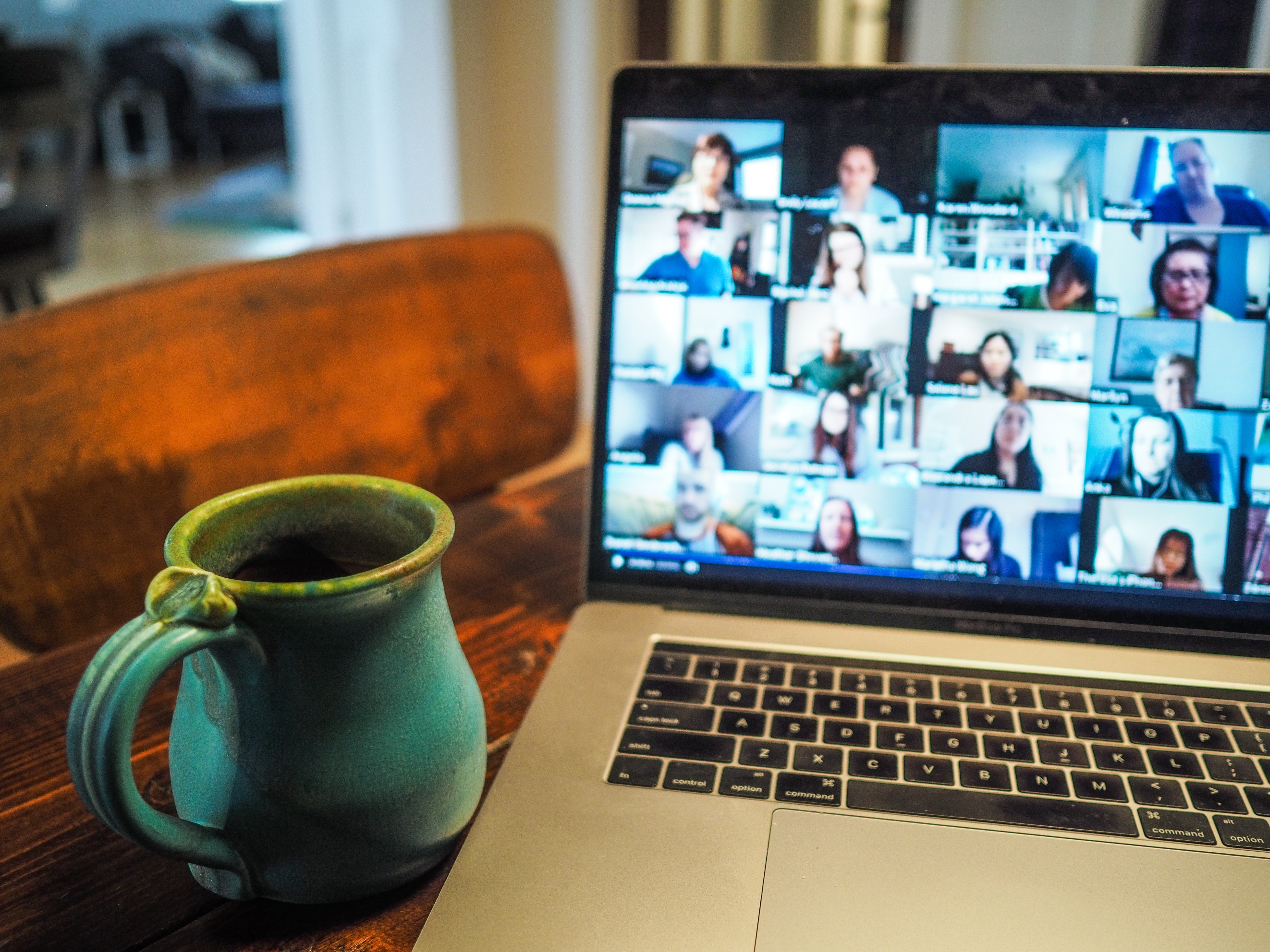How to Manage Back-to-School Stress and Anxiety
For many families, back-to-school planning will look different this year than it has in previous years. For parents, this will bring challenges of working at home while trying to juggle children and other family concerns, or going to work every day with the added stress of finding childcare for kids who used to be in school. Either way, parenting during a pandemic can cause added stress and anxiety, which is why it's crucial to take care of yourself and your mental health by developing a self-care plan.
Why is prioritizing self-care important during a pandemic?
Self-care isn't a luxury, it's essential. You can't take care of yourself, your kids, or your life unless you are mentally, emotionally and physically well. On top of balancing job roles with childcare, other COVID-related stressors may emerge, such as concern for family members, worries about lost income, keeping the fridge full of groceries and more.
Part of coping with stress is staying healthy, which includes eating the right foods, getting quality sleep, and finding movement. Incorporate these four habits into your daily life to practice self-care and reduce stress and anxiety as your kids head back to school.
1. Make time for yourself.

Much of the personal time that was part of daily routines- commutes, time alone at home or at the store, social time with friends- is no longer available for parents with kids at home. Without it, we have to be intentional about taking time to recharge and decompress. Sometimes, our minds and bodies just need a break. This could be taking a shower or bath, walking around the block while listening to a podcast, or designating time to simply zone out after the kids have gone to bed. Meditation, mindfulness and other replenishing activities such as yoga are also a great way to relax and let go of the pressures of the day. Ask yourself, what activities make me happy? Reduce my stress level? Leave me feeling calm and rejuvenated?
2. Prioritize healthy habits.

The added stress and lack of structure we're experiencing right now can make it easy to slip into habits that feel good in the moment but can be detrimental in the long run. Make sure you're eating properly and create a routine that includes physical activity. This does not mean pressuring yourself to get in tip-top shape. It does mean being thoughtful and intentional about how you're treating yourself and your body.
- Find daily movement, whether it's doing yard work, cleaning the house or exercising outdoors. Regular physical activity not only improves physical health, but mental health too, by increasing self-esteem and reducing stress. Walking, hiking and biking trails are great options. Online videos and apps that provide instructor-led exercise, like yoga or group workouts, are also great resources.
- Eating the right foods can counterbalance the impact of stress by strengthening the immune system, stabilizing moods and reducing blood pressure. Consume these important nutrients for stress-reduction:
- Foods high in Vitamin C, such as oranges and citrus fruits.
- Complex carbohydrates, such as whole grains, fruits and vegetables.
- Healthy sources of Magnesium, such as spinach or other leafy greens, salmon and soybeans.
- Omega-3 fatty acids, such as fatty fish (salmon and tuna) and nuts and seeds (flax-seeds, pistachios, walnuts and almonds).
- Herbal teas, such as chamomile and mint, are also commonly used for calming effect and stress-related insomnia, anxiety or anger.
- Get quality sleep. According to the National Institutes of Health (NIH), about one in three American adults do not get healthy amounts of sleep, and stress can make the problem even worse. Try going to sleep at the same time each night and getting up at the same time each morning, even on the weekends. Following a routine to help you relax before sleep, such as reading or listening to music and turning off screens at least an hour before bedtime, can also help improve sleep. Click here for more sleeping tips.
3. Stay socially connected.

Have you created a community of support for yourself? It's important that you have people around you (physically or virtually) who can help you through stressful times. Often, we can't see past our own emotions and stress, which makes it difficult to come up with new ideas and ways out of our distress. Set up virtual connections with friends or family. Here are some ideas:
- Make a list of supportive people you can reach out to in moments of distress
- Create a group text with friends/other parents
- Set up a regular daily video chat time with a friend or family member
- Join a parenting group on social media.
4. Be realistic.
Perfectionism and coronavirus don't mix. It's time to be realistic, both at work and as a parent. Avoid burnout by setting realistic expectations and giving yourself grace if you can't meet them. Practice forgiveness and self-compassion. Parents should remind themselves that these are unprecedented times. Remember you're doing your best during a very difficult time.
During this difficult time when children are home and stress is running high, self-care is more important than ever. Take control of your mental health by making time for the activities you love, prioritizing healthy habits and leaning on loved ones for emotional support. It's important to remember we are living in uncharted territory, so set realistic expectations and don't beat yourself up if you don't meet them.
Looking for more on stress and anxiety management? Visit our resource library here.

